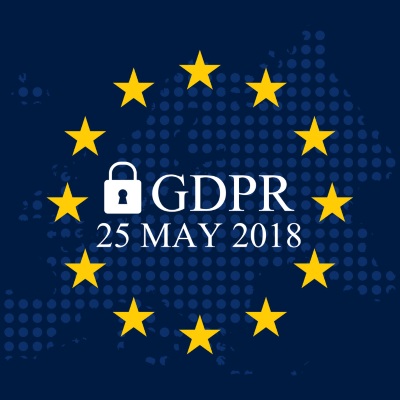HRB preparing GDPR guidance for health researchers
The HRB is currently working closely with the Department of Health to prepare practical, plain English guidance to help inform health researchers of their data protection obligations under GDPR when it comes into effect on 25th May 2018.
2 min read - 17 May 2018

As so much of health research relies on the processing of personal health data belonging to patients and the wider public, GDPR has immediate implications for researchers in the health domain.
Part of transposing certain elements of GDPR into Irish law, requires the Department of Health to put in place new regulations to govern the processing of personal data for health research purposes.
These new Health Research Regulations 2018 (formally called the Data Protection Act 2018 (Suitable and Specific Safeguards for the Processing of Personal Data for Health Research) Regulations 2018) will describe the ‘suitable and specific measures’ that health researchers must use when processing personal data for health research purposes.
The guidance that HRB is preparing for health researchers will address the suitable and specific measures required by these regulations.
The HRB aims to publish its guidance for health researchers on the HRB website in June. However, researchers should also make themselves aware of the GDPR guidance, policy and procedures being developed within their own institutions.
Information Note:
GDPR is the EU’s new General Data Protection Regulation (EU) 2016/679. It comes into force across all of Europe on 25th May 2018. It replaces the EU’s previous Data Protection Directive (95/46/EC). GDPR governs the collection, use and storage of all personal data of living individuals.
2 min read - 17 May 2018



